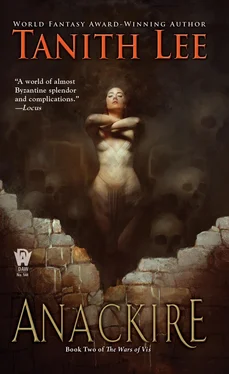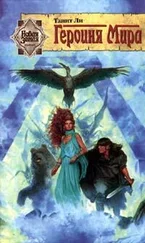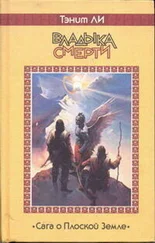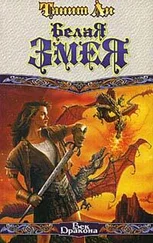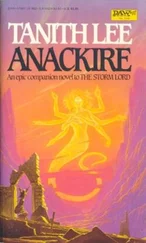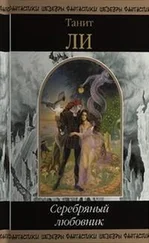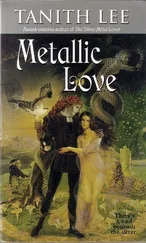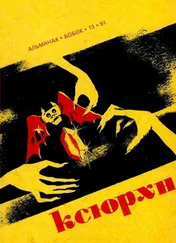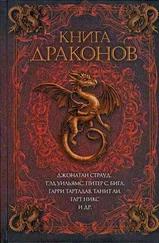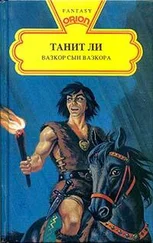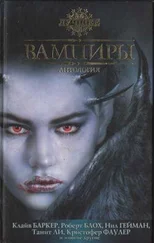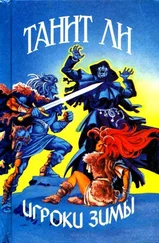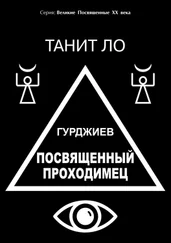The carts that came jumbling into the marketplace of Olm had all manner of goods to sell. Even slaves were sometimes sold there, Though Lanelyr, like her parent lands either side, dealt sparingly if at all in slavery. Indeed, to some extent it was the blond man of Shansar and Vardath who had revitalized a flagging trade. In the second continent there were now countless Vis slaves at work for fair-skinned masters. And in the marketplace at Olm, a small group of blond Vardians, merchants of flesh of all kinds, stood with wine, watching a woman on a dais. She was a snake dancer from the Zor, a contortionist limber as the giant snake through whose silver coils she wheeled her brazen body.
Such sights, inserted between the drapes of her litter, brought only exasperation to Safca, the daughter of Olm’s Lannic guardian. But then, the world exasperated her; the world, her youth, and her lack of opportunity. She still fantasized occasionally that some lord, riding through Lanelyr, would see and be seduced by her, sweeping her away to worthier things. But she knew herself too homely to have such an effect.
“Go on,” she said to her bearers impatiently.
Her outrider leaned to the litter, and explained the obvious: The Vardians were in their path and might well refuse to move until the dancer was finished. Such a scene would look poorly.
“If I must wait here, then,” said Safca, “I’ll visit the stalls.”
She got out of the litter, enamel beads in her hair, her spirit crumpled, and started to walk across the market. The outrider dismounted, and walked now at her back, hand ceremonially to sword-hilt.
She was recognized on most sides, and offered politenesses, of course. Only the Vardians quite ignored her.
Perversely, Safca Am Olm idled to inspect the cages of multicolored birds directly beside them. Through bars and feathers, she covertly watched, disliking the invaders’ paleness and their language, wondering through all her antipathy if one might turn and find her interesting merely because she was a contrast.
But they did not turn.
The dancer on the dais fulfilled her ritual—once, such dancing had been nothing less—and went away, roped by the snake. Presently, it became apparent the rostrum was to be used for a slave auction.
The guardian’s daughter stood in the burning sunlight, pretending now she watched the stage.
The Vardians drew her. One in particular. She considered if it would be possible to enjoy a foreigner. Zastis was not so far off. Could this man be enticed as a lover? They said the men of the Other World were immune to Zastis, but how could that be?
The first owners showed off their wares. As they were bid for and sold, the Vardians did nothing at all. Next came a chain of slaves from the backlands, handled by the public auctioneer. They were unexceptional, three men and a couple of slovens, no doubt brought to this by debts.
One of the Vardians, the one Safca had become fascinated by, pointed out the sloven at the end of the line.
But no, it was not the sloven. Another stood just beyond her, a child, eleven or twelve, a girl with a wave of hair, too light to be all Vis, too dark to be legally one of the yellow people.
“Twenty copper parings,” the Vardian called out, “for the child.”
“Twenty, master? That’s not—”
“Vardish copper. Not the impure muck of Lan.”
Safca lost her temper with this man who spoke with an accent, reviled her country, and would not look at her.
“Ten parings of silver,” she cried, much clearer than a bell. “Good silver from the guardian’s store. Nothing imported.”
Here and there, some of the Lannic crowd laughed.
The Vardian turned at last. His look was frank, unenthralled and touched by menace. She held it, alarmed, sweat starting on her forehead. Involuntarily her fingers closed over the lucky bracelet she wore on her left wrist and never took off. Slowly, he turned back. “Fifteen parings of Vardish silver, by Raldnor.”
She lost her head. “By Raldnor!” she shouted, “and by Yannul the Lan, one of his captains—” there was more crowd noise “—twenty silver parings.”
The Vardian turned again. She withered in his gaze. Without another accented word, leaving their wine, he and his companions walked off across the market.
She felt silly, degraded almost. She should have left well alone.
Lan, neutral throughout the Lowland War, had given many of her sons to fight for the hero Raldnor against Dortharian oppression, not least Yannul, the wandering acrobat, who learned the trade of soldiering beside Raldnor in Xarabiss, then used the knowledge fighting side by side with him and with his army, across the length of Vis. It had been Yannul, too, who made the perilous voyage with Raldnor that ended at the forest-shores of the Sister Continent. Some said Yannul had remained in Dorthar, at Anackyra, with the Vathcrian King who was Raldnor’s son. Others said Yannul was in Lan. A pity he was not here. It seemed the yellow men who swaggered across Lan, her commercial conquerors if not otherwise, needed some token of the past to stay their arrogance.
But it seemed, too, Safca had bought a slave.
The child walked by her litter back to the guardian’s stone house with its single tower. A bill for the money had been left with the auctioneer, who in turn Safca saw paying another. This fellow had long hair down to his shoulderblades, a mark of the hills, for in the towns and cities now men wore their hair only the length of the neck—a fashion of Vathcri and Vardath. Probably, the hillman was the child’s father.
Unnerved, Safca had barely glanced at her purchase. In the courtyard, she sent the child to be properly bathed and fed and clad. It was to be presented to her in her chamber before the evening meal.
But the shadows were still short beside the brass fountain when two of Safca’s girls ran out to her in uproar. It seemed the swarthy child, dipped in the tub, had come out like a star.
“White skin—yellow hair—Oh, lady, a Lowlander for sure—”
“And she’s dumb, lady” the other added. “Can’t speak a word.”
Safca went to see.
The maiden child sat where she had been left in the water, appearing quite composed. She was definitely a Lowlander, not even second continent blood could account for quite such crystalline pallor. It was dreadful, Safca knew. The penalty for sale of a Lowlander was fining and flogging, and for buying one it was any and every penalty the prosecutor thought suitable. What must she do?
“Little girl,” said Safca, “can you hear me?”
The child, whose face was most unusual and entirely grave, looked at her, then nodded.
“You were taken in error,” said Safca, firmly. “I’ll manumit you as soon as the clerk comes and I can bribe him. Do you have somewhere you want to go back to? The Plains?” Safca said, wildly now, “Must I send you there? The expense—I’m not able to!”
The child shook her head.
It was odd, since she had not spoken aloud, that Safca knew the shaking of the head did not mean exactly “No.” Merely Not yet .
Zastis bloodied the night sky.
Safca took as her lover one of her litter-bearers. No better prospect offered, and the arrangement was at least discreet, the man flattered, hale, and willing. Yet Safca resented her submission to the Red Moon, she who was not beautiful. While she made do, and, sated, must put the man from her bed, her brothers lay all night with their wives and concubines, her prettier, more important sister with a chosen noble. Since Safca could not choose the manner of her pleasure, it seemed to her she would more gladly have done without it. And so, for a night, she admitted no one to her bed, and burned in it.
At midnight, sleepless and in a rage, she stole down through the house to walk in the cool courtyard of the fountain. In the brief colonnade, she halted.
Читать дальше
